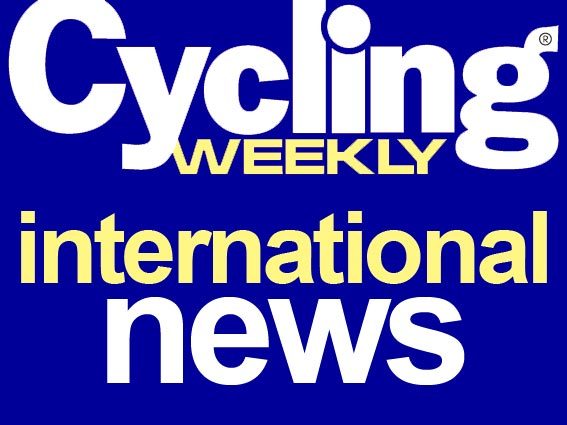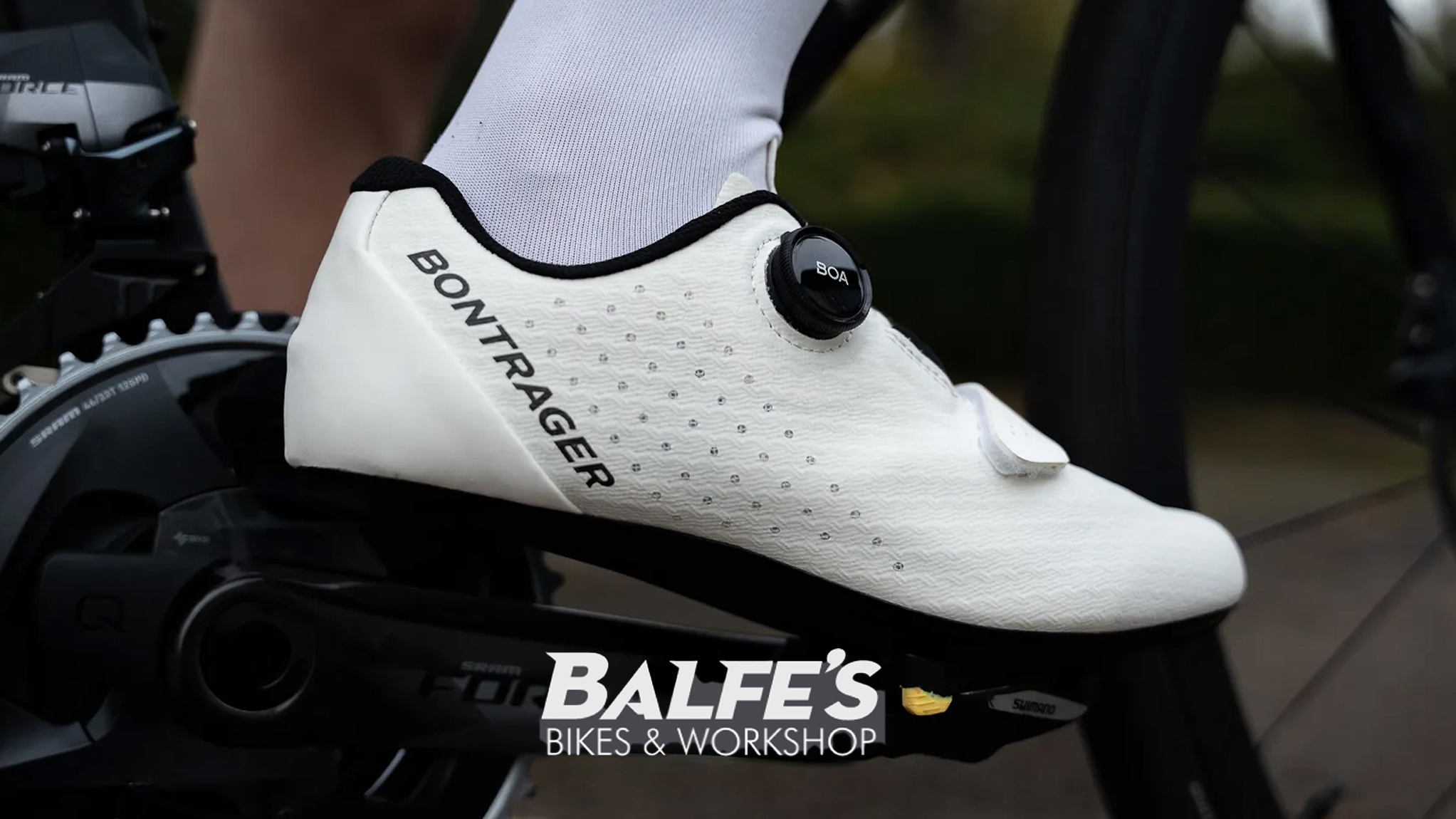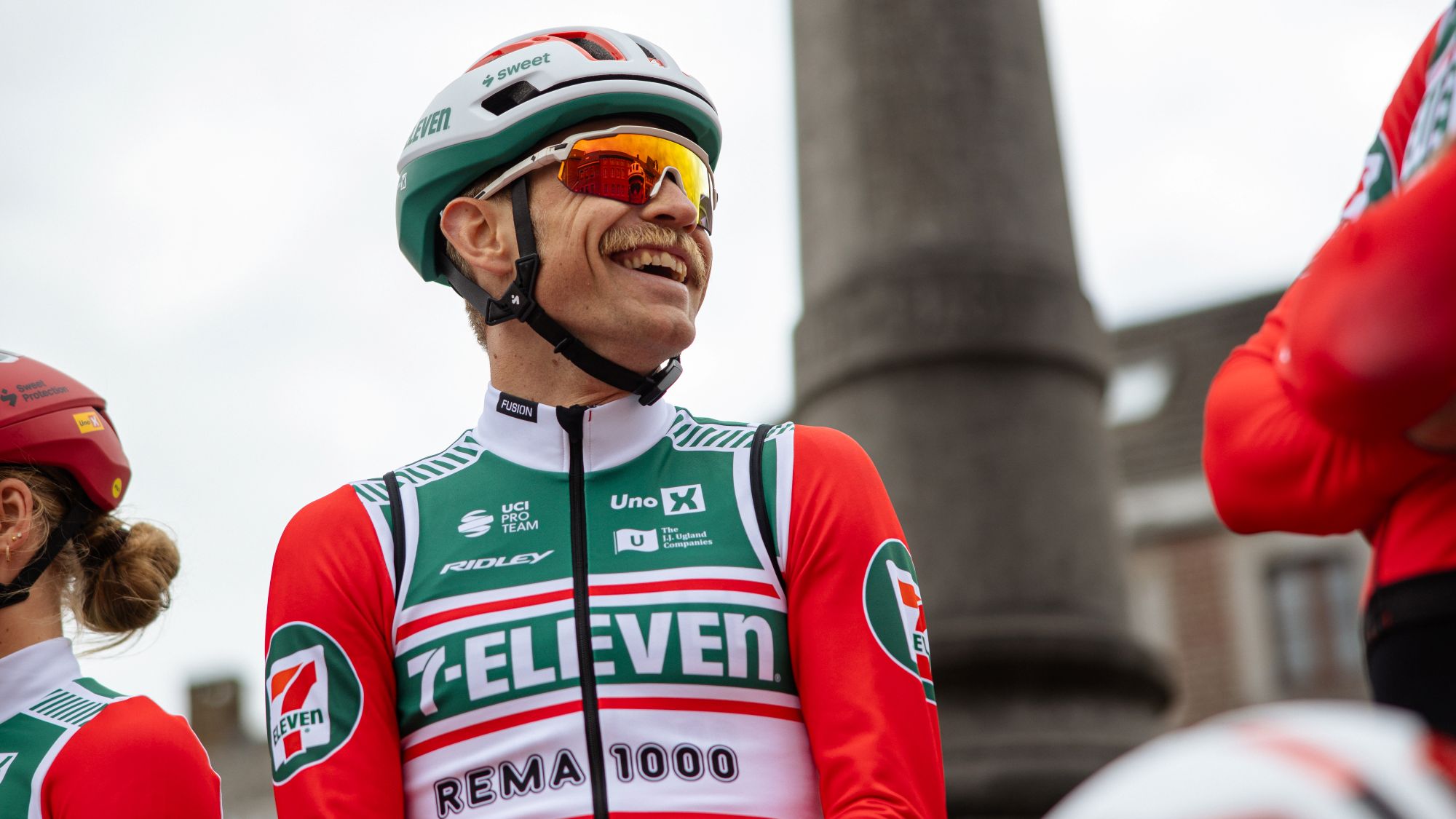OPERACION PUERTO: IT'S BACK

A Spanish panel of judges has ordered the re-opening of anti-doping probe Operacion Puerto. Some 60 cyclists, many of them now retired from the sport, were originally implicated in the case.
It has been over a year since judge Antonio Serrano ordered the closing of the case because Spain's new doping law was not in place at the time. At the heart of the case are doctors Eufemiano Fuentes and Jose Luis Merino Batres, arrested in Madrid when news of the anti-doping investigation broke.
Some top professionals have already been affected by Puerto. Jan Ullrich and Joseba Beloki have now retired from the sport, Ivan Basso has been suspended and Oscar Sevilla was sacked from T-Mobile and is now racing in the United States.
Others, like Spaniard Alejandro Valverde were never directly linked to Puerto although there have been repeated claims - categorically denied by the rider himself - that there was enough evidence to do so.
The question at the centre of Puerto remains the same - in what conditions the 200 bags of manipulated blood discovered by Spanish police in a Madrid laboratory were kept and whether this constituted a crime against public health.
However, according to El Pais - the newspaper which leaked the news of the investigation in the first place, back in May 2006 - there will be no charges of doping against either bike riders or those who administered drugs to them. This is because doping was not considered a penal crime in Spain at the time of the investigation.
The wheels of justice in Spain run slowly at the best of times, and the whole affair could take anything up to a couple of years to resolve.
Get The Leadout Newsletter
The latest race content, interviews, features, reviews and expert buying guides, direct to your inbox!
The Big Questions:
Will this re-opening of the Operacion Puerto mean that the evidence from Puerto can now be used for sporting sanctions?
In principle, no. Just because the case is re-opened does not mean the judge?s original ruling that the evidence is only applicable to penal sanctions (ie prison sentences) has changed.
So how will this re-opening of Puerto affect cycling?
It means that new evidence could emerge.
Such as?
Such as who exactly the famous 200 bags of manipulated blood belong to. Such as whether other sports really are involved. But according to El Pais newspaper, the main thrust of the investigation is towards what conditions those bags were kept in, not their owners.

Thank you for reading 20 articles this month* Join now for unlimited access
Enjoy your first month for just £1 / $1 / €1
*Read 5 free articles per month without a subscription

Join now for unlimited access
Try first month for just £1 / $1 / €1
Founded in 1891, Cycling Weekly and its team of expert journalists brings cyclists in-depth reviews, extensive coverage of both professional and domestic racing, as well as fitness advice and 'brew a cuppa and put your feet up' features. Cycling Weekly serves its audience across a range of platforms, from good old-fashioned print to online journalism, and video.
-
 Gear up for your best summer of riding – Balfe's Bikes has up to 54% off Bontrager shoes, helmets, lights and much more
Gear up for your best summer of riding – Balfe's Bikes has up to 54% off Bontrager shoes, helmets, lights and much moreSupported It's not just Bontrager, Balfe's has a huge selection of discounted kit from the best cycling brands including Trek, Specialized, Giant and Castelli all with big reductions
By Paul Brett
-
 7-Eleven returns to the peloton for one day only at Liège-Bastogne-Liège
7-Eleven returns to the peloton for one day only at Liège-Bastogne-LiègeUno-X Mobility to rebrand as 7-Eleven for Sunday's Monument to pay tribute to iconic American team from the 1980s
By Tom Thewlis